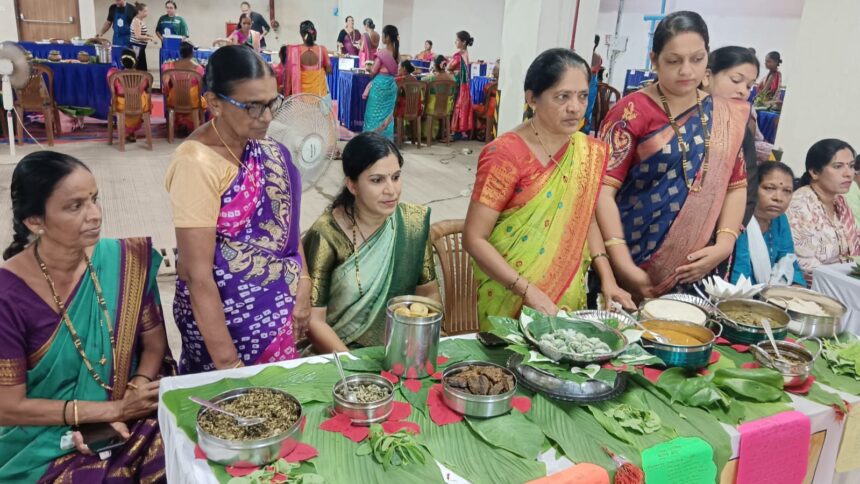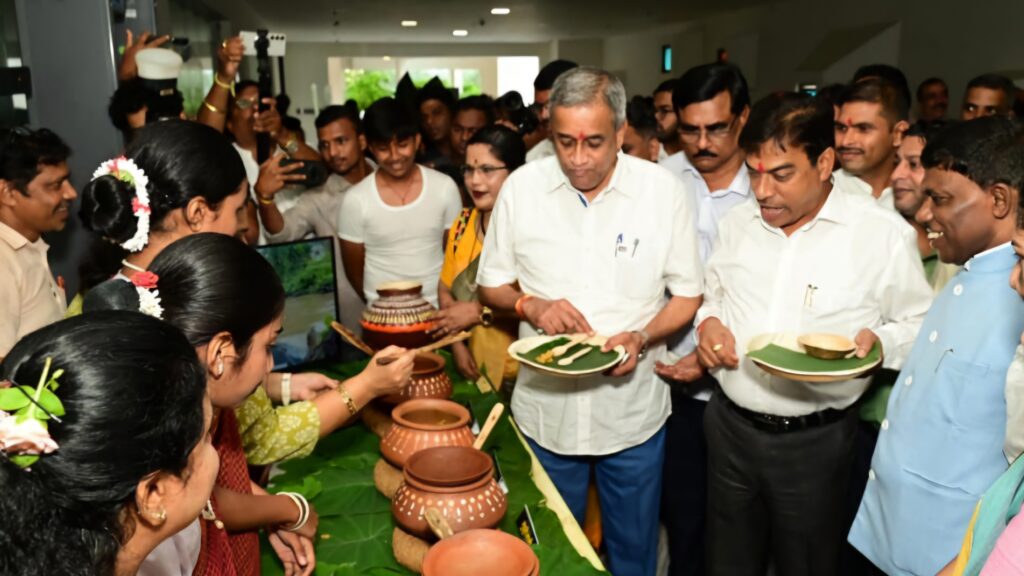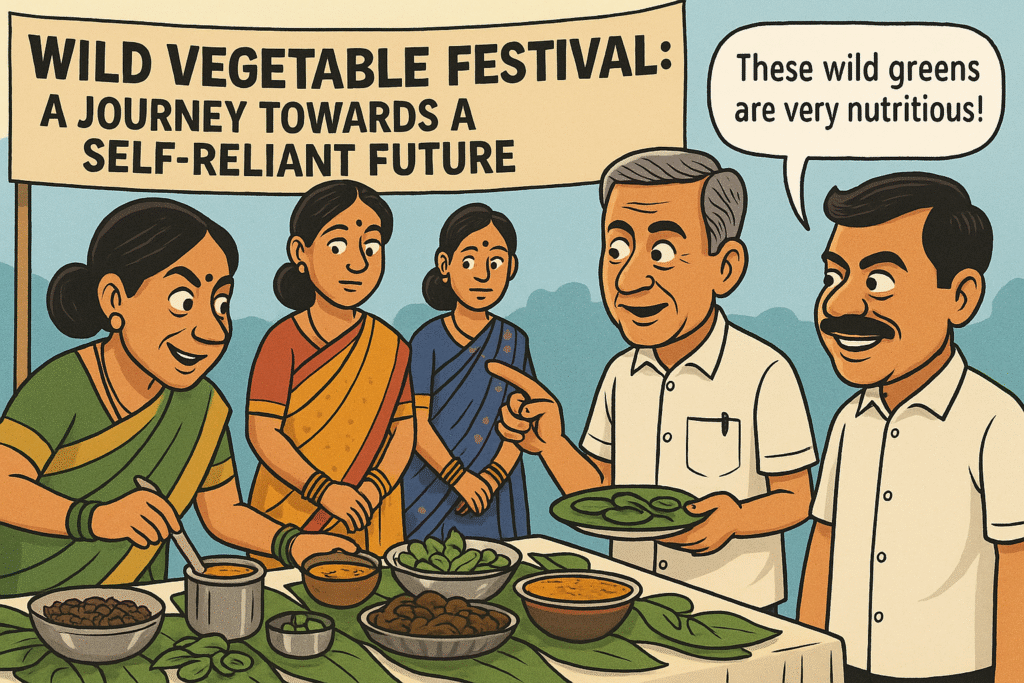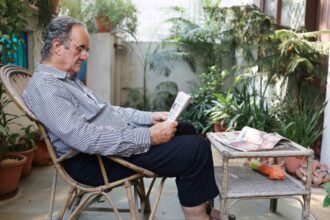SamajSanvad | 20 July | Prabhakar Dhage
(Culture) Wild vegetables are those naturally growing greens found in forests, fallow lands, fields, and along roadsides. Without any cultivation, these nutrient-rich and medicinal plants grow on their own in nature and are now being recognized as highly nutritious alternatives by urban dwellers weary of consuming chemically grown vegetables.
Contents







